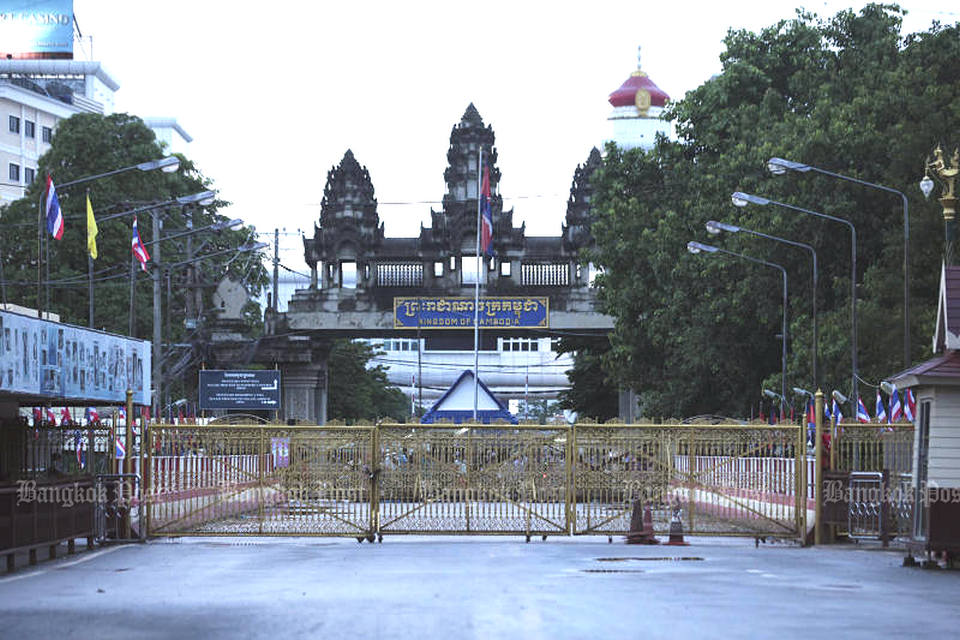
From May 1 Thailand has opened a total of 31 land checkpoints at its borders with neighboring countries. This means that entry rules for walk-in tourists and visitors are now in line with arrivals by air. Some immigration checkpoints at the Laos and Malaysian borders have been operating for several weeks, but they have now been joined by those in Chanthaburi and Sa Kaeo provinces which include the immigration checkpoints at Aranyaprathet/Poipet and Pong Nam Ron near the Cambodian border.
Fully vaccinated visitors can now enter Thailand by air or land without any pre or post entry compulsory health test. However, they must register in advance on the Thailand Pass portal to receive their all-important QR code by submitting their vaccination record and proof of Covid insurance worth a minimum of US$10,000 for 30 days. Unvaccinated persons must present additional proof of a very recent RT-PCR test or undergo quarantine for at least 5 days. Those arriving in Thailand by sea require a certificate of entry issued by the port authorities on arrival.
Thai land borders have been closed to tourists for two years, although goods traffic and guest workers from neighboring countries have been allowed through on a discretionary basis. The reopening of land borders means that foreign tourists and expats will be able to visit neighboring countries without purchasing an air ticket. This could make easier obtaining visas abroad or making use of re-entry permits, although it will take several weeks before the immigration entry implications are transparent.
The reopening of frontier posts makes it unlikely that the so-called Covid visa extensions – the 60 days discretion awarded to some foreign tourists unable or unwilling to leave Thailand – will be renewed again once the current issuing deadline of May 24 is reached. With air and land travel both returning slowly to normal, immigration authorities see no need for a further extended loophole for “stranded” foreigners. The Covid extensions were introduced in the spring of 2020 when international travel of any kind became seriously disrupted.
 |
 |
 |





